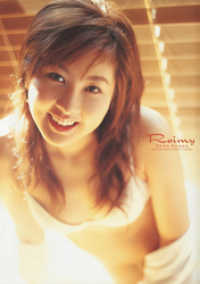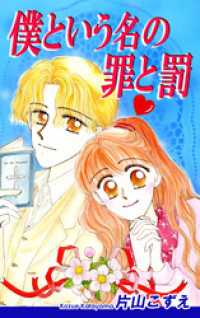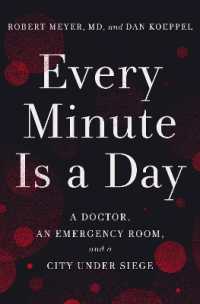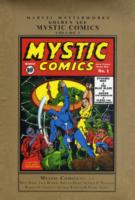- ホーム
- > 洋書
- > 英文書
- > Business / Economics
Full Description
Understanding experience at work, especially in toxic organizations, is a multidimensional undertaking that must include all senses. The use of applied poetry has its primary value as an evocative approach to sensing, knowing, and understanding workplace experience. Poetry at its best condenses into relatively few words, metaphors, and images what conventional social science narratives would take much longer to articulate. Where poetry often hints and alludes, narrative seeks to spell out, expound, and complete. Where poetry leaves much mental space for the listener or reader to fill in with one's imagination, narrative fills in the spaces with rich detail. Applied poetry and its contextual stories offer a way of accessing workplace experience that is unique and valuable in terms of understanding lives at work. The use of complementary psychodynamic theories, like all theories, is a way of trying to account for what we have found and experienced and in particular why it happened. "Why," the authors suggest, is critical in terms of understanding the sensing, images, and metaphors evoked by the poetry and stories that may resonate with hearers and readers for reasons that are unconscious and are rooted in the past. These transferences that come forward from life experience into the present are the critical data we work with. These are the data of psychoanalysis. This book both widens and deepens the scope of organizational research offered by other researchers, theorists, and approaches to understanding, interpreting, explaining, leading, and consulting with workplace organizations. Its triangulating integration of applied poetry, experience and stories behind the poetry, and the three psychoanalytic models of explaining life in workplaces, is a new and distinct contribution to organizational research, leadership, and consulting efforts to help organization members solve real, underlying problems and not offer simplistic, formulaic solutions based solely on a study of the organization's surface. It will be of interest to researchers, academics, and students in the fields of organizational studies, leadership, and management.
Contents
1. Introduction to Applied Poetry and Storytelling 2. Introduction to Psychoanalytic Theories 3. Leaders in the Workplace 4. Downsizing the Workplace 5. Alienation and Bureaucracy at Work 6. Loss of Self: Disappearance into Anonymity 7. Conflict at Work 8. Life at Work in Hospitals and Clinics: Modern Medicine and Us 9. Meetings at Work 10. Psychographic Considerations at Work 11. Playing with Perspective: The Workplace on the Stage 12. In Conclusion: Reflections, Looking Backward and Forward on Knowing and Feeling in the Workplace
-

- 電子書籍
- 相沢礼子 ファースト写真集 『 Rei…
-

- 電子書籍
- 僕という名の罪と罰






